detail profile marion byron
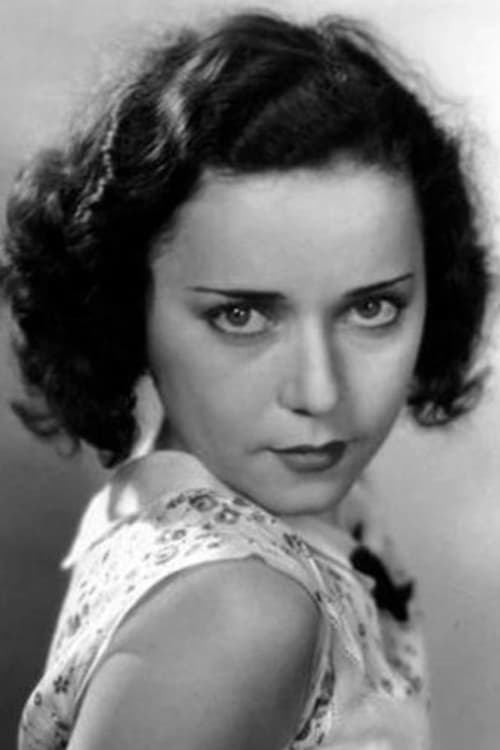
Marion Byron
Marion Bryon
atau dikenal sebagai
Riwayat Hidup
From Wikipedia, the free encyclopedia
Marion Byron (born Miriam Bilenkin; March 16, 1911, Dayton, Ohio – July 5, 1985, Santa Monica, California) was an American movie comedian.
After following her sister into a short stage career as a singer/dancer, she was given her first movie role as Buster Keaton's leading lady in the film Steamboat Bill, Jr.
in 1928.
From there she was hired by Hal Roach to co-star in short subjects with Max Davidson, Edgar Kennedy, and Charley Chase, but most significantly with Anita Garvin, where tiny (4'11" in high heels) Marion was teamed with the 6' Anita for a brief three-film series as a "female Laurel & Hardy" in 1928–1929.
She left Roach before they made talkies, but she went on working, now in musical features, like the Vitaphone film Broadway Babies (1929) with Alice White, and the early Technicolor feature, Golden Dawn (1930).
Her parts slowly got smaller until they were unbilled walk-ons in films like Meet the Baron (1933), starring Jack Pearl and Hips Hips Hooray (1934) with Wheeler & Woolsey.
Her final screen appearance was as a baby nurse to the Dionne Quintuplets in their film, Five of a Kind (1938).
Info Pribadi
Peran Yang Di Mainkan Marion Byron
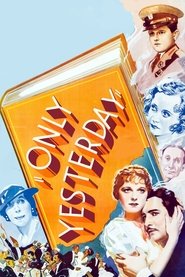 On the back of the Wall...
On the back of the Wall...Only Yesterday 1933
On the back of the Wall Street Crash of 1929, a young business man is about to commit suicide. With the note to his wife scribbled down and a gun in his hand, he notices a thick envelope addressed to him at the desk. As he begin to read, we're taken back to the days of WW1 and his meeting with a young woman named Mary Lane.
 Thief Gaston Monescu and pickpocket Lily...
Thief Gaston Monescu and pickpocket Lily...Trouble in Paradise 1932
Thief Gaston Monescu and pickpocket Lily are partners in crime and love. Working for perfume company executive Mariette Colet, the two crooks decide to combine their criminal talents to rob their employer. Under the alias of Monsieur Laval, Gaston uses his position as Mariette's personal secretary to become closer to her. However, he takes things too far when he actually falls in love with Mariette, and has to choose between her and Lily.
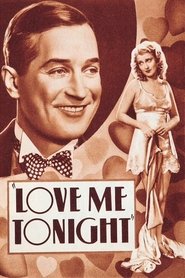 A Parisian tailor goes to a...
A Parisian tailor goes to a...Love Me Tonight 1932
A Parisian tailor goes to a château to collect a bill, only to fall for an aloof young princess living there.
 Two sisters from Indiana the wideeyed...
Two sisters from Indiana the wideeyed...Working Girls 1931
Two sisters from Indiana, the wide-eyed and innocent Mae Thorpe, and her more streetwise sister June, move into the Rolf House for Homeless Girls in New York. With June's help, Mae obtains a job as a stenographer for the scientist Joseph von Schraeder, while June gets work as a telegraph operator at Western Union.
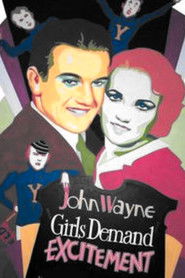 Peter Brooks is a hardworking hardup...
Peter Brooks is a hardworking hardup...Girls Demand Excitement 1931
Peter Brooks is a hard-working, hard-up college student whose dislike of women attending college weakens under the amorous advances of spoiled socialite coed Joan Madison.
 Captain Stanton who because of a...
Captain Stanton who because of a...Song of the West 1930
Captain Stanton, who because of a misunderstanding over a woman with Major Davolo, has been cited for a court martial. As a scout, he is sent to escort a wagon train which is under military escort. It turns out that this escort is his own former regiment. When he meet Davolo, there is another fight and between Stanton and Davolo in which Davolo is killed.
 Now hear this The studio that...
Now hear this The studio that...Show of Shows 1929
Now hear this. The studio that gave the cinema its voice offered 1929 audiences a chance to see and hear multiple silent-screen favorites for the first time in a gaudy, grandiose music-comedy-novelty revue that also included Talkie stars, Broadway luminaries and of course, Rin-Tin-Tin. Frank Fay hosts a jamboree that, among its 70+ stars, features bicyclers, boxing champ Georges Carpentier, chorines in terpsichore kickery, sister acts, Myrna Loy in two-strip Technicolor as an exotic Far East beauty, John Barrymore in a Shakespearean soliloquy (adding an on-screen voice to his legendary profile for the first time) and Winnie Lightner famously warbling the joys of Singing in the Bathtub. Watch, rinse, repeat!
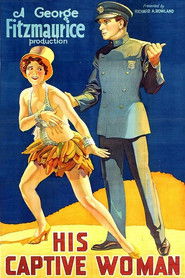 Cabaret dancer Anna Janssen kills her...
Cabaret dancer Anna Janssen kills her...His Captive Woman 1929
Cabaret dancer Anna Janssen kills her sugardaddy and escapes to a South Seas island on the yacht of a wealthy admirer. Stolid, conscientious Tom McCarthy, a New York detective, is sent after Anna and arrests her, chartering a steamer to bring her back to the United States. The steamer sinks, and Anna and Tom are stranded on a small island. They fall in love, and Tom's influence brings about a benign change in Anna's character. They are rescued, however, and Anna is placed on trial for her life. Tom takes the stand in her defense and informs the judge of Anna's conversion in the solitude of the island. The judge instructs Tom to marry Anna and then sentences them to life--on the island where they found happiness together.
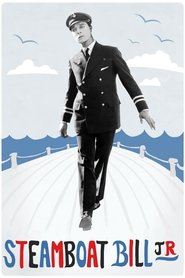 The justoutofcollege effete son of a...
The justoutofcollege effete son of a...Steamboat Bill, Jr. 1928
The just-out-of-college, effete son of a no-nonsense steamboat captain comes to visit his father whom he's not seen since he was a child.
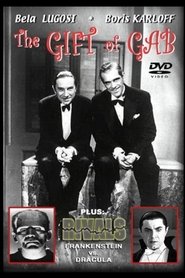 Conceited radio announcer irritates everyone else...
Conceited radio announcer irritates everyone else...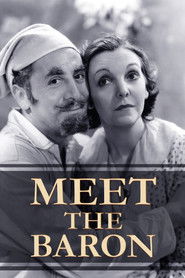 A charlatan posing as Baron Munchhausen...
A charlatan posing as Baron Munchhausen... A college professor and the schools...
A college professor and the schools...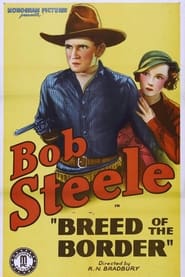 Joe has CowboyRace Driver Brent drive...
Joe has CowboyRace Driver Brent drive...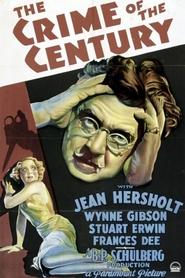 Driven to desperation by his young...
Driven to desperation by his young...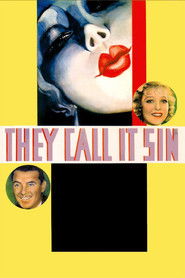 A young innocent smalltown church organist...
A young innocent smalltown church organist...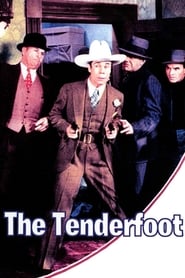 Calvin Jones is a cowboy who...
Calvin Jones is a cowboy who...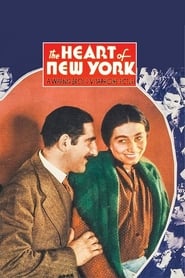 A poor New York plumbers wife...
A poor New York plumbers wife...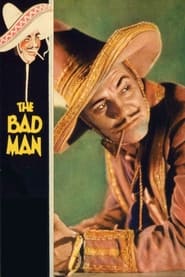 Film version of a play about...
Film version of a play about...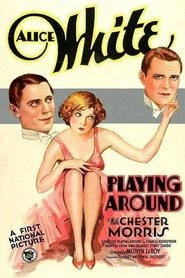 New York girl has a dull...
New York girl has a dull...